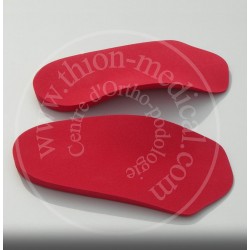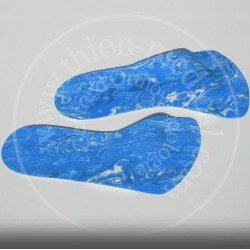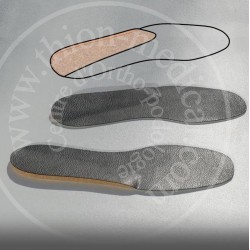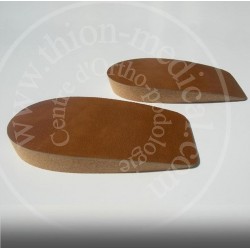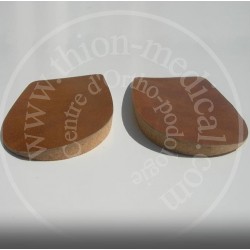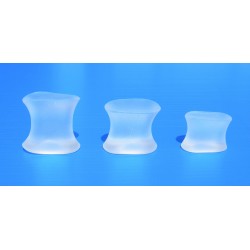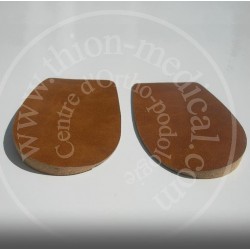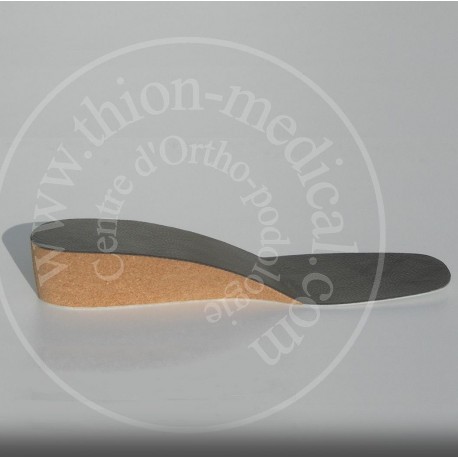
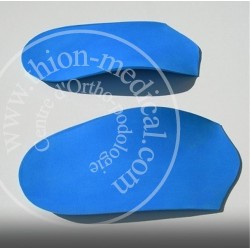
Appelez-nous au : 02 47 65 00 74




Semelle de compensation pour corriger une inégalité de longueur de jambe
Conditionnement : 1 semelle
Adaptée aux chaussures de ville
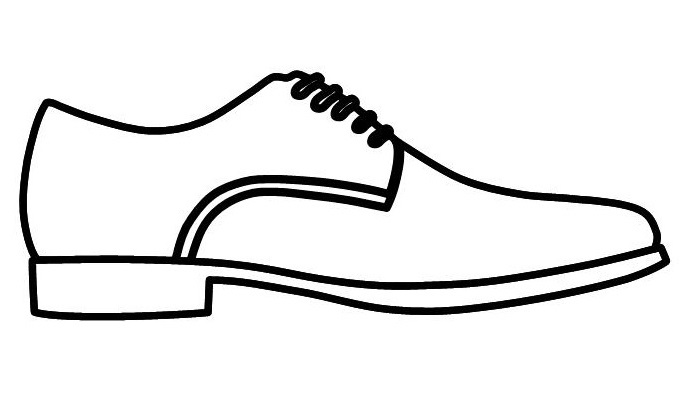
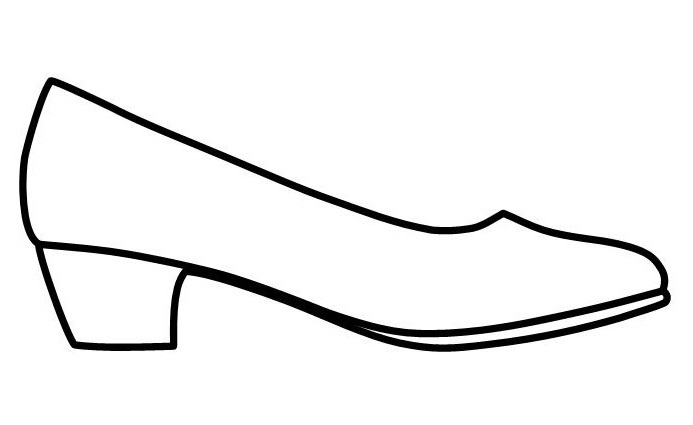

Hauteur de la compensation
Le 1er mois, la hauteur de la compensation doit être
Le 2ème mois, la hauteur de la compensation doit être
Puis, le mois suivant passer à la hauteur définitive de manière permanente
Nos semelles de compensation sont réalisées en liège aggloméré sur une base de résine flexible et recouvertes d’un revêtement grain cuir. Elles sont destinées à corriger ou compenser une jambe plus courte que l’autre ou pour un usage de semelles grandissantes.
Pour obtenir une correction précise et permanente même en charge, il est nécessaire d'utiliser des matériaux qui sont à la fois incompressibles et non traumatisants.
Il est essentiel de porter la compensation tous les jours, du lever au coucher pour éviter de faire travailler le bassin avec et sans la correction. Il faut donc, équiper de semelle toutes vos chaussures, bottes ou pantoufles ou bien, transférer l’orthèse plantaire de chaussure en chaussure.
La semelle se positionne dans la chaussure, du côté du membre inférieur le plus court.
Utilisation du calculateur
Quand pour la première fois, il faut choisir la hauteur de la compensation de la semelle, l'emploi du calculateur est pertinent.
En effet, le résultat obtenu doit être pris en considération et retenu pour sélectionner la hauteur de la correction. Le déficit de la bascule du bassin correspond à la différence de hauteur entre les sommets des deux têtes fémorales mesuré en mm.
Toutefois si le résultat trouvé, de la hauteur, est supérieur à 15mm, nous vous conseillons de privilégier la semelle de compensation aux talonnettes de compensation.
La raison en est que la pente de la compensation sera plus douce car réalisée sur une distance plus longue que celle des talonnettes.
Exemple : Un homme de 46 ans, consulte pour une lombalgie insistante. La radiographie révèle une Inégalité de Longueur de Membre Inférieur ILMI de 31mm. La hauteur de la semelle de compensation doit être de 18mm soit 58% du déficit. Cependant, il est utile de modérer la correction en passant le 1er mois par une hauteur de 9mm, puis le 2ème par une hauteur de 13mm et enfin le mois suivant adopter définitivement la hauteur de 18mm. Cette progressivité a l’avantage d’être bien toléré par le patient et de diminuer considérablement d’éventuels troubles biomécaniques liés au repositionnement du bassin.
Vous pouvez nous appeler pour un entretien téléphonique avec un orthopédiste orthésiste afin de déterminer au mieux la meilleure solution pour vous.
Nos semelles de compensation sont disponibles dans les hauteurs suivantes: 2mm, 3mm, 4mm, 5mm, 6mm, 7mm, 8mm, 9mm, 10mm, 11mm, 12mm, 13mm, 14mm, 15mm, 16mm, 17mm, 18mm, 19mm, 20mm, 21mm, 22mm, 23mm, 24mm, 25mm, 26mm, 27mm, 28mm, 29mm, 30mm, 31mm, 32mm, 33mm, 34mm et 35mm.
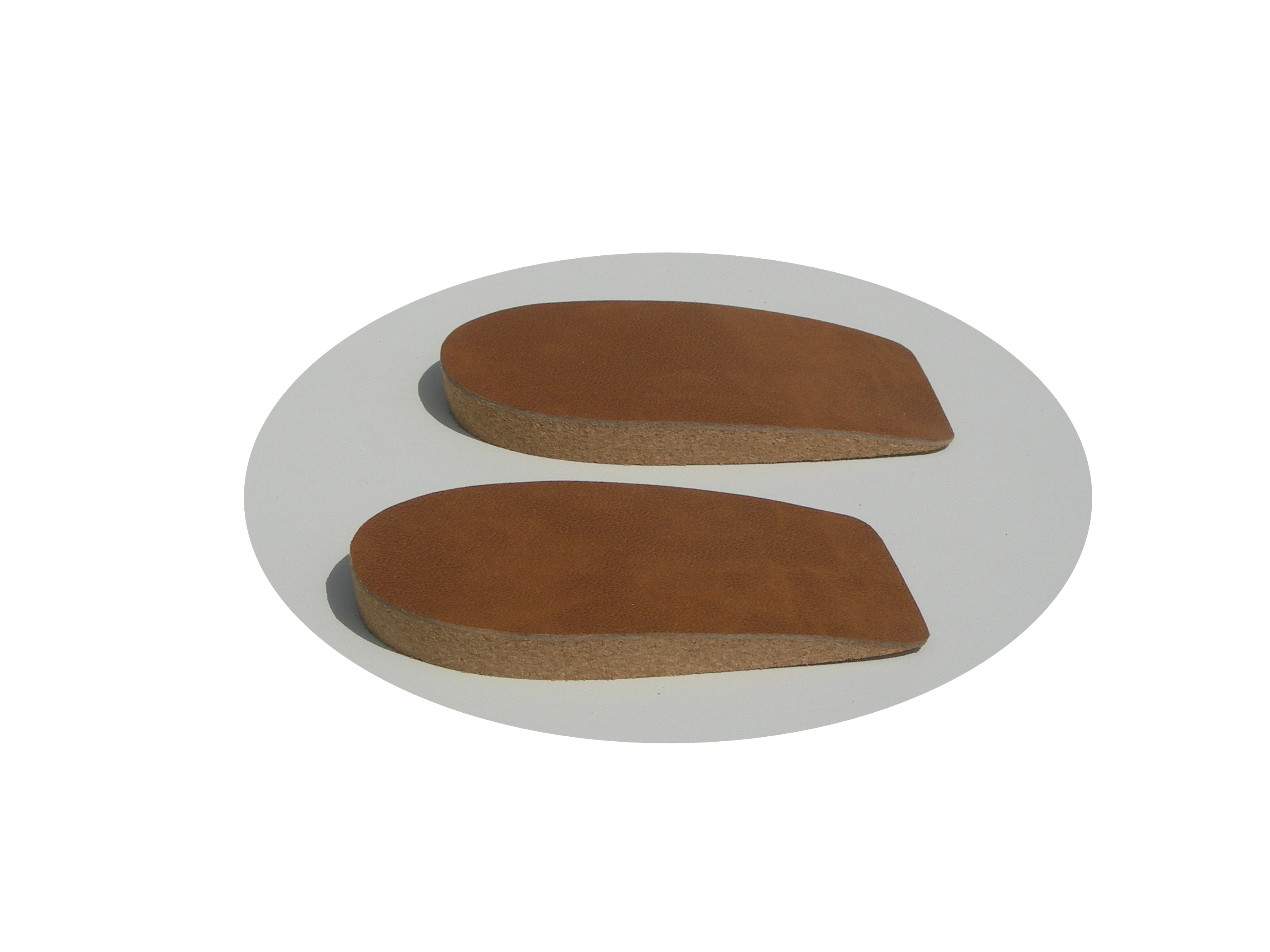
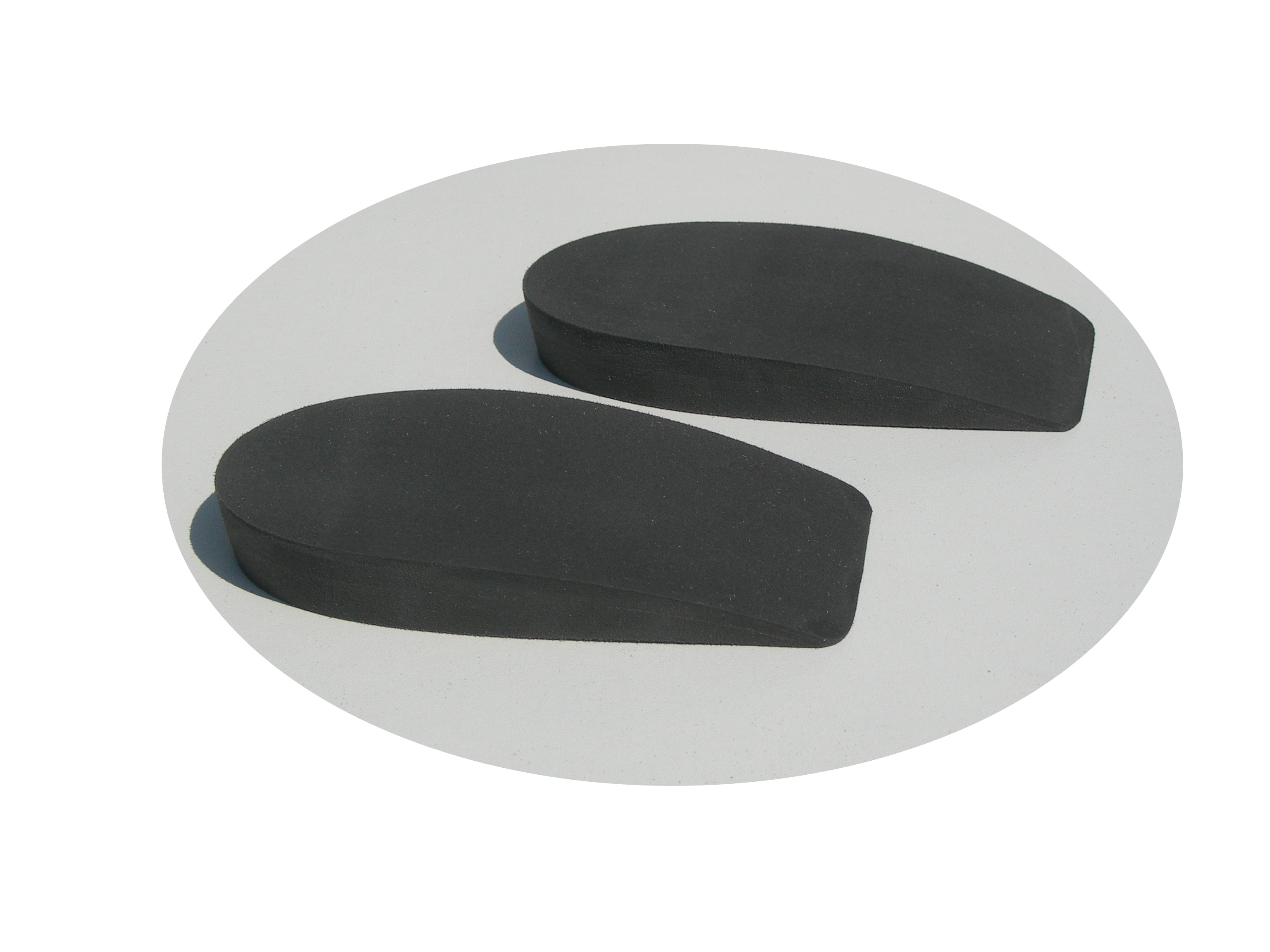
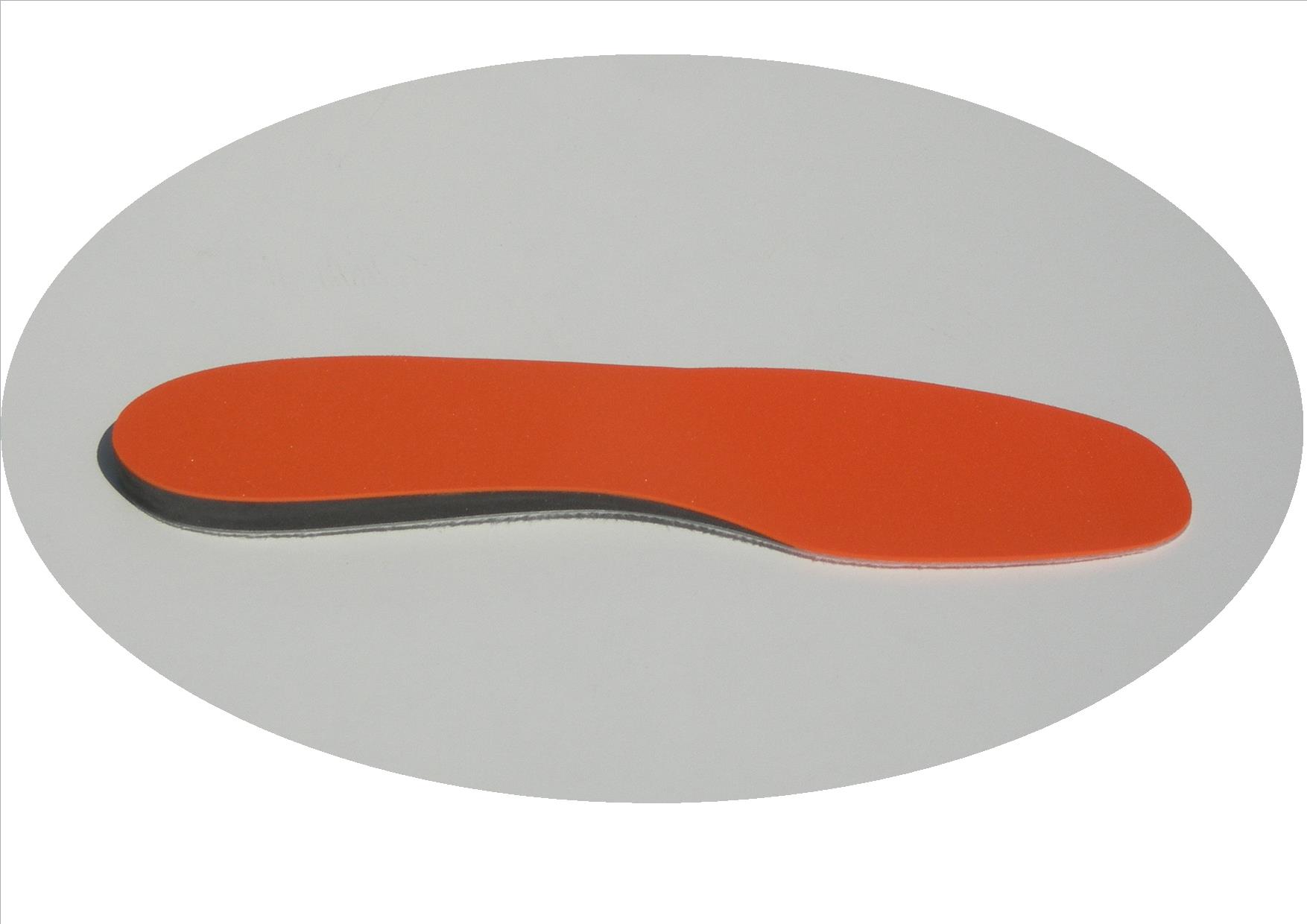 et en version (Semelle orthopédique de sport pour jambe plus courte que l'autre) pour chaussures de Sport
et en version (Semelle orthopédique de sport pour jambe plus courte que l'autre) pour chaussures de Sport
Inégalité de Longueur des Membres Inférieurs
Elle correspond à un trouble biomécanique de l’appareil musculo-squelettique qui concerne un grand nombre de personnes. Cette inégalité couvre une amplitude de 1 à plusieurs dizaines de millimètres. Quand elle est faible et ancienne, elle est souvent ignorée tant qu’elle ne se manifeste pas par des douleurs lombaires. En lire plus…

